The aromatic allure of Omani Kahwa coffee infused with cardamom has captivated palates across the Arabian Peninsula for centuries. This traditional brew, more than just a beverage, embodies the hospitality and cultural richness of Oman. Unlike the hurried coffee culture of the West, Kahwa is a slow ritual—a symbol of connection, often served in delicate handle-less cups alongside dates or halwa. The addition of cardamom, known locally as "hell," elevates the drink to something extraordinary, weaving warmth and spice into every sip.
Walking through the bustling souks of Muscat, the scent of freshly ground coffee beans and cardamom pods is intoxicating. Vendors proudly display their blends, each with a closely guarded family recipe passed down through generations. The preparation of Kahwa is an art form—green coffee beans are lightly roasted to preserve their earthy notes, then ground and brewed with crushed cardamom pods. Sometimes, a hint of saffron or rosewater is added, but cardamom remains the undisputed star. Its citrusy, herbal complexity balances the coffee’s bitterness, creating a harmony that lingers on the tongue.
The history of Kahwa is as rich as its flavor. Some trace its origins to the ancient coffee traditions of Yemen, while others believe it evolved through Omani trade routes that brought spices from India and beyond. What’s undeniable is its role in Omani society. Serving Kahwa to guests is a gesture of respect, a way to forge bonds over shared moments. In Bedouin culture, refusing a cup is unthinkable—it’s akin to rejecting friendship. The drink is so revered that it’s often featured in poetry and songs, a testament to its cultural imprint.
Cardamom’s journey into Kahwa is a story of serendipity. Traders carrying the prized spice from Kerala’s Malabar Coast likely introduced it to Omani coffee drinkers centuries ago. The locals, ever inventive, recognized how cardamom’s bright, slightly sweet notes could transform their brew. Today, the best Kahwa uses freshly cracked cardamom pods, releasing their volatile oils into the steaming liquid. The spice isn’t just for taste—it’s believed to aid digestion and stimulate conversation, making it the perfect companion for long gatherings under desert stars.
Modern Oman embraces Kahwa with both tradition and innovation. Upscale cafés in Muscat now offer artisanal versions, some aged with cardamom-infused barrels, while younger generations experiment with iced Kahwa lattes. Yet, the heart of the ritual remains unchanged. In villages, elders still prepare it in a dallah (a traditional coffee pot), pouring it with a graceful, high stream to aerate the liquid. The sound of the pour—like distant rainfall—is as much a part of the experience as the taste. For visitors, accepting a cup means stepping into a timeless tradition, one that’s survived empires and oil booms.
The global rise of specialty coffee has sparked curiosity about Omani Kahwa. International baristas marvel at its layered flavors, so different from single-origin espressos. Yet, replicating it authentically is challenging. The magic lies in the details—the roast level of the beans, the cardamom’s freshness, even the water’s mineral content. Some exporters now sell pre-mixed Kahwa blends, but purists argue it’s like bottling sunshine; something vital is lost. To truly understand Kahwa, one must sip it in Oman, where the air carries whispers of frankincense and the sea.
As the world races toward homogenized coffee chains, Omani Kahwa stands as a defiant celebration of slowness and spice. It’s a reminder that some traditions deserve to be savored, not streamlined. Each cup is a story—of desert winds, bustling ports, and the hands that ground the cardamom. In a single sip, you taste history, hospitality, and the soul of Oman.
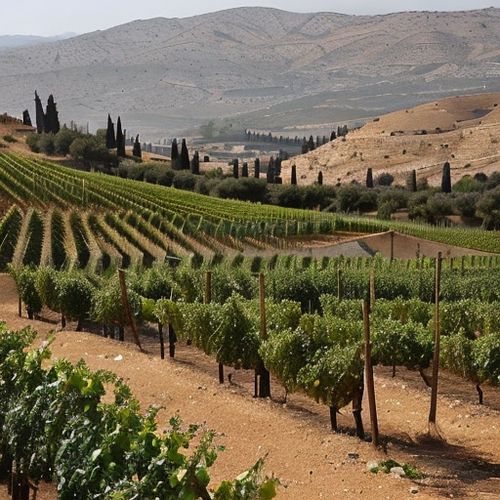
By Jessica Lee/May 10, 2025
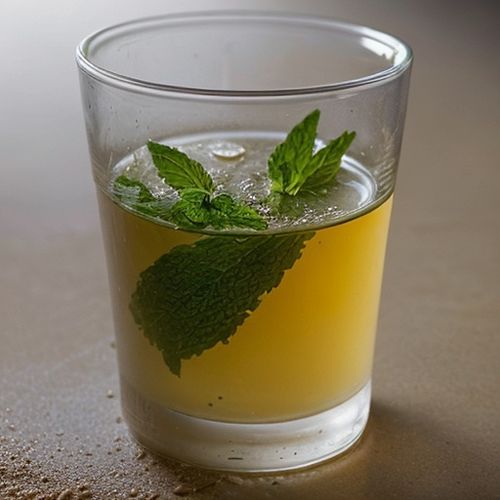
By Victoria Gonzalez/May 10, 2025
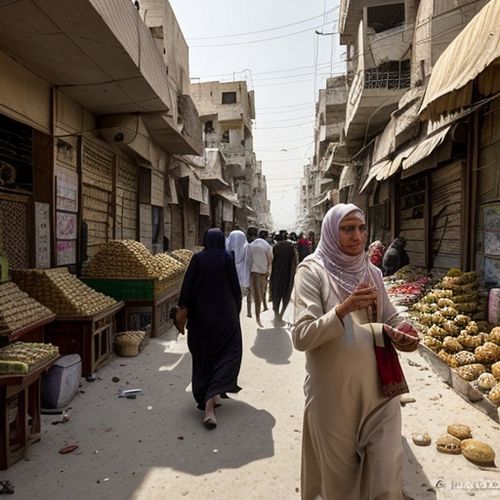
By Noah Bell/May 10, 2025
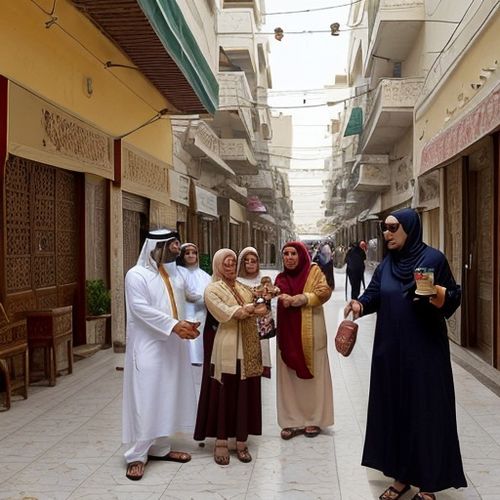
By Benjamin Evans/May 10, 2025
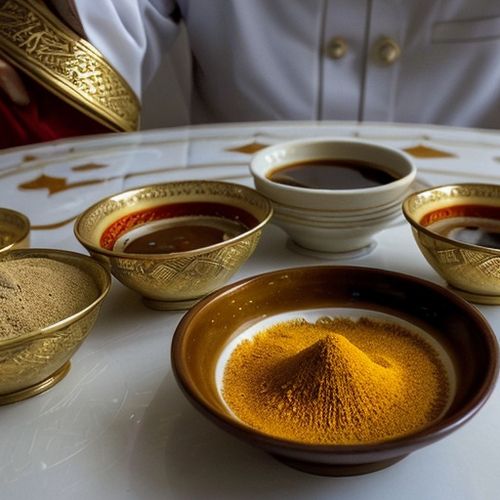
By Rebecca Stewart/May 10, 2025
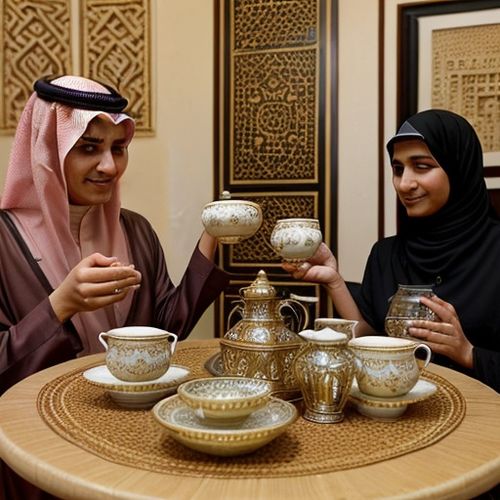
By Daniel Scott/May 10, 2025
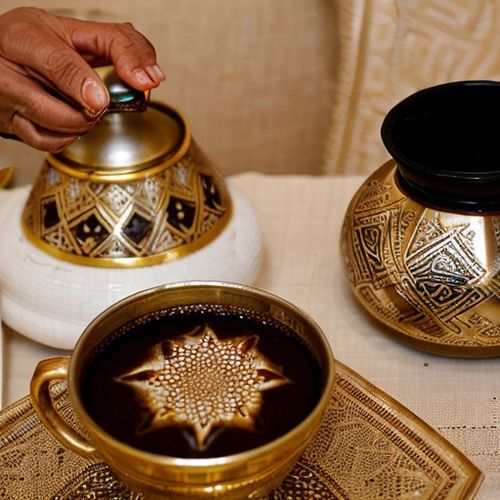
By Samuel Cooper/May 10, 2025
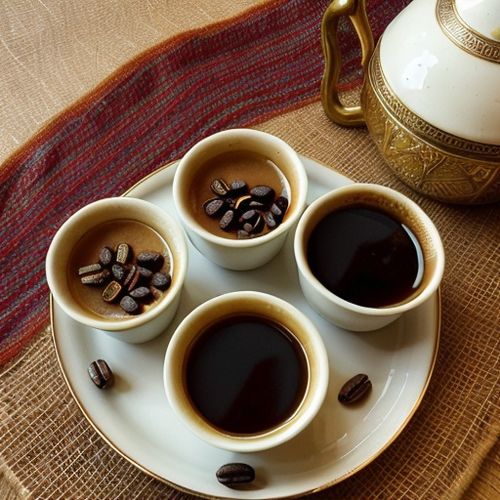
By Ryan Martin/May 10, 2025
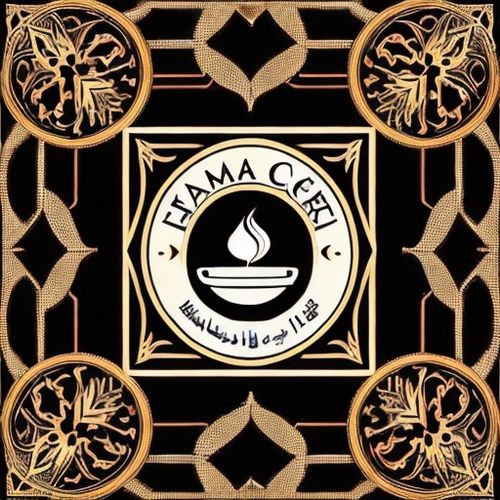
By James Moore/May 10, 2025
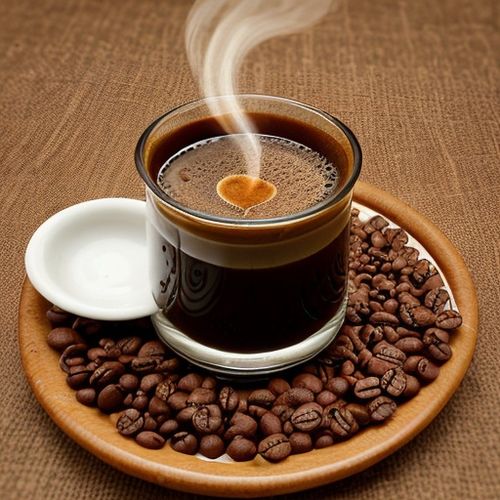
By Rebecca Stewart/May 10, 2025
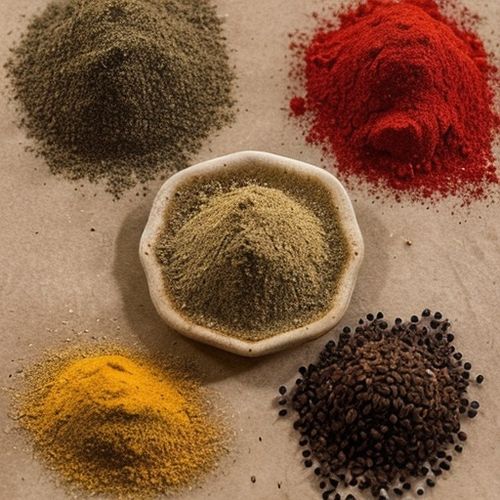
By Rebecca Stewart/May 10, 2025
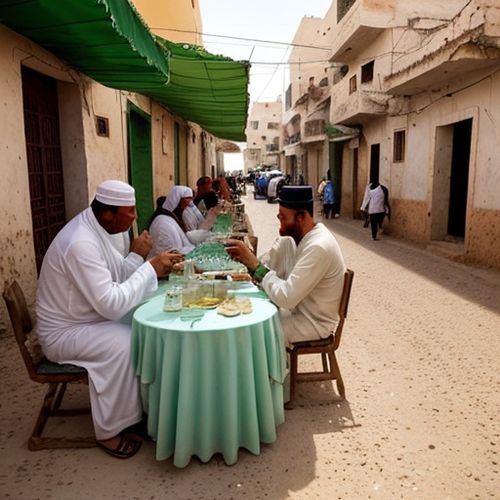
By Thomas Roberts/May 10, 2025
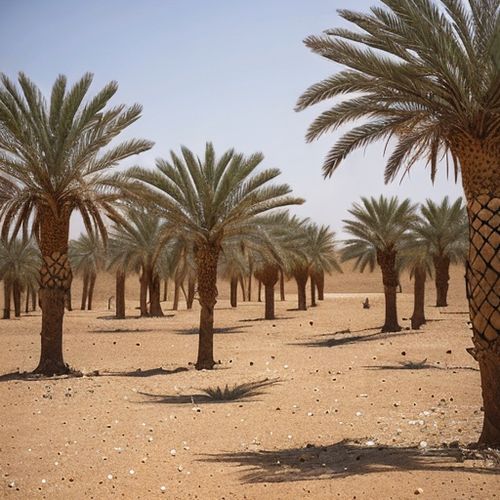
By Grace Cox/May 10, 2025
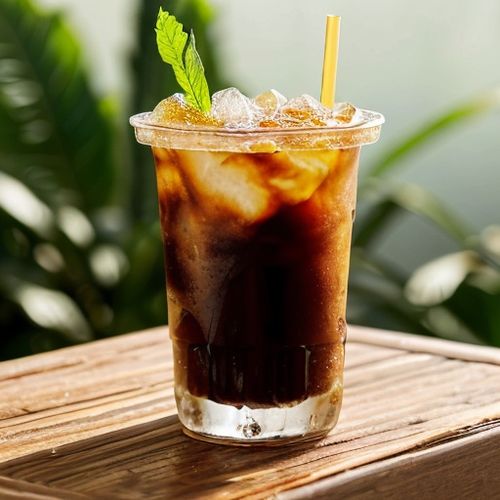
By Sophia Lewis/May 10, 2025
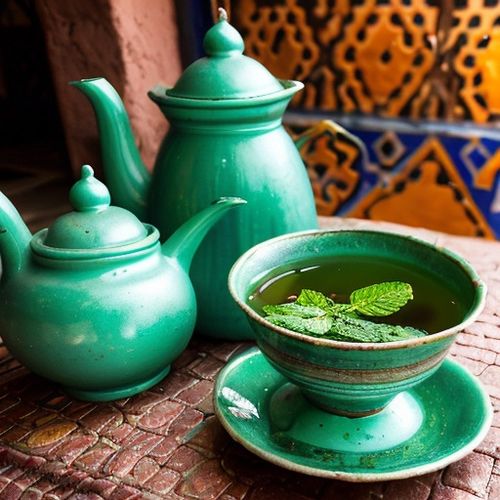
By Sophia Lewis/May 10, 2025
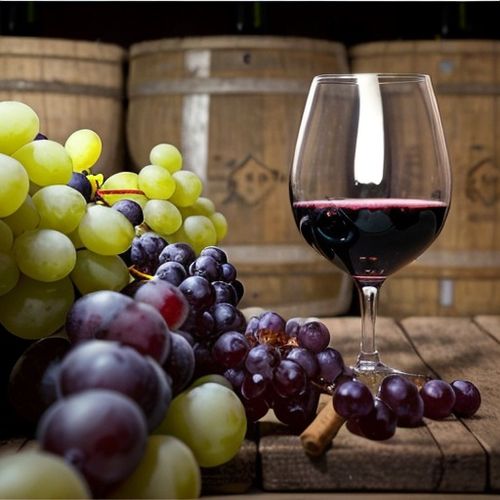
By Daniel Scott/May 10, 2025
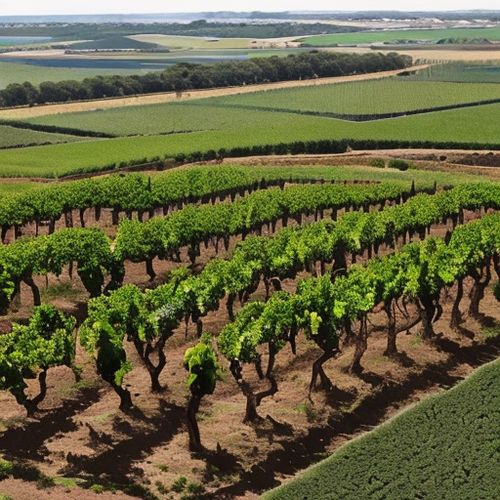
By Amanda Phillips/May 10, 2025
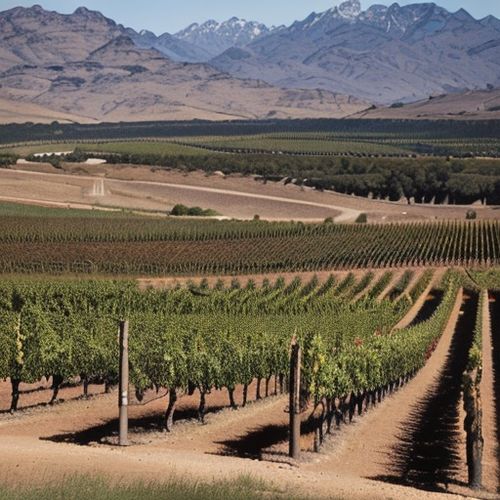
By Lily Simpson/May 10, 2025
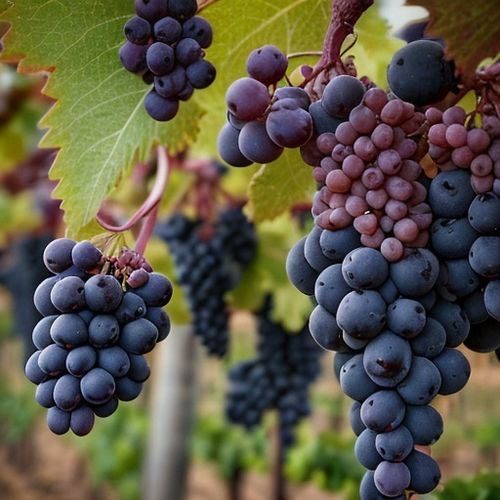
By Natalie Campbell/May 10, 2025
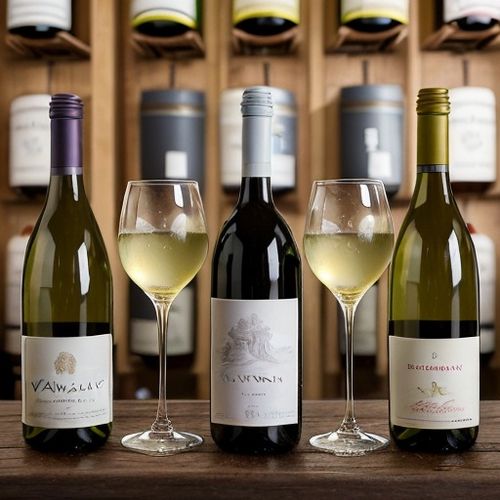
By Olivia Reed/May 10, 2025